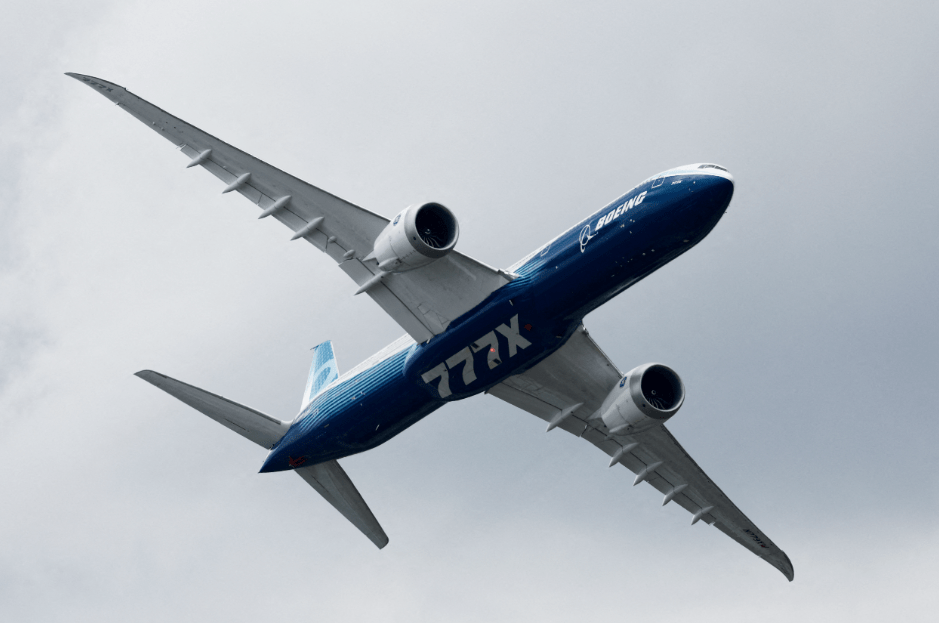Boeing announced Thursday that it expects to report a $4 billion loss for the fourth quarter of 2024, capping off a tumultuous year marked by safety scandals, labor strikes, and financial challenges. The aerospace giant has not recorded an annual profit since 2018, and the latest figures underscore the depth of its ongoing struggles.
The company anticipates a loss of 5.46 per share, with revenue projected at 15.2 billion—falling short of analysts’ expectations. Boeing also revealed it burned through 3.5 billion in cash during the quarter, despite raising over 20 billion to bolster liquidity amid its crises.
A significant portion of the losses stems from a $1.1 billion charge related to its 777X and 767 programs, attributed to a nearly two-month machinists’ strike that disrupted production. The strike, which began in September and ended in November, resulted in a new labor agreement but left lasting financial impacts.
Boeing’s commercial airplane division, a critical revenue driver, is expected to report 4.8 billion in revenue with a negative operating margin of nearly 44%. The company’s defense and space units also face challenges, with pretax charges of 1.7 billion anticipated for the KC-46A tanker program, the delayed 747s designated as the new Air Force One aircraft, and other space-related projects.
The year began with a midair incident in January 2024, when a door plug blew out on a Boeing aircraft, reigniting safety concerns and drawing federal scrutiny. This incident further slowed deliveries of new planes, compounding the company’s difficulties as it sought to recover from the fallout of two fatal crashes in 2018 and 2019.
CEO Kelly Ortberg acknowledged the challenges but emphasized steps taken to stabilize the business, including the labor agreement and a successful capital raise. “Although we face near-term challenges, we took important steps to stabilize our business during the quarter,” Ortberg said in a statement.
Despite these efforts, Boeing’s path to recovery remains uncertain. The company continues to grapple with operational inefficiencies, regulatory pressures, and reputational damage. As it navigates these hurdles, Boeing’s ability to restore profitability and rebuild trust with customers and regulators will be critical in the years ahead.












